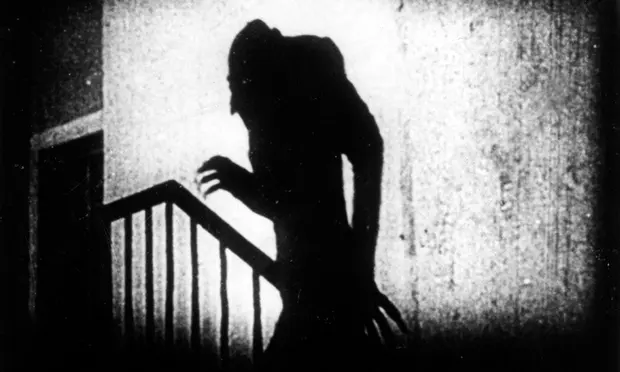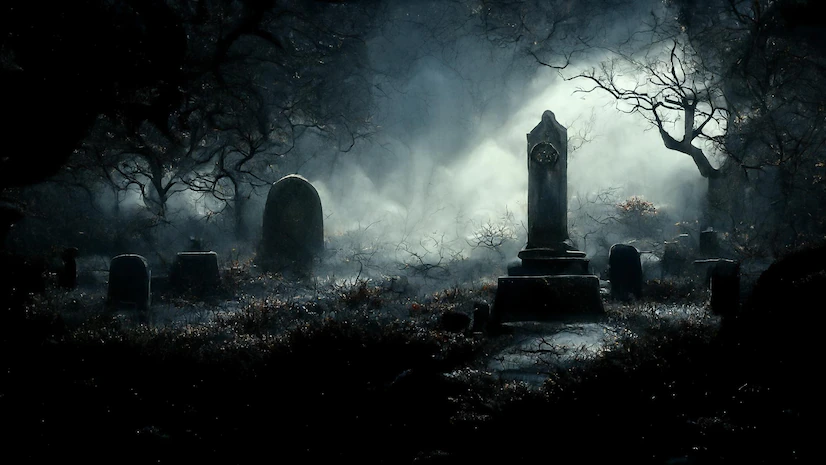Becoming a horror writer is a thrilling and challenging journey that requires dedication, skill, and a deep understanding of the genre.
If you’re looking to become a horror writer, it’s important to study the works of the greats of the genre, such as Stephen King, Edgar Allan Poe, H.P. Lovecraft, and Shirley Jackson.
These authors have set the standard for horror writing and have created some of the most iconic and enduring stories in the genre. By studying their works and learning from their techniques, you can gain a deeper understanding of what it takes to be a successful horror writer.
Writing horror can be a rewarding experience, but it can also be challenging to create scares that truly resonate with readers. If you’re interested in becoming a horror writer, here are some tips to help you get started.
- Read widely in the horror genre. To write horror effectively, it’s important to be familiar with the conventions and tropes of the genre. Read classic horror novels and short stories, as well as contemporary works, to get a sense of what has been done before and what is currently popular.
- Study the craft of writing. To write well in any genre, you need to have a strong grasp of the basic elements of storytelling, such as character development, plot, and pacing. Take a writing class or workshop or read books on the craft of writing to improve your skills.
- Practice writing short stories. Short stories are a great way to get started in horror writing because they are shorter and less daunting than a novel. Plus, it’s easier to get your short stories published in magazines, which can help you build your portfolio and gain exposure.
- Create relatable characters. A horror story is only as good as its characters. If readers don’t care about the characters, they won’t be invested in the story. Create characters that are relatable and likeable, so that readers will be more invested in their fate.
- Create a sense of dread. A good horror story should make the reader feel uneasy, and the best way to do this is to create a sense of dread. Use foreshadowing, suspense, and a sense of impending doom to build a sense of unease in the reader.
- Write what scares you. The best horror stories come from a place of personal fear. Write about what scares you, and you’ll be able to create a truly terrifying story.
- Get feedback. Once you’ve finished a story, share it with other writers or beta readers to get feedback. Use their comments to revise and improve your work.
- Submit your work. Once you’ve written and revised your horror story, submit it to magazines, anthologies, or contests. Keep in mind that rejection is a normal part of the writing process, so don’t get discouraged if your work is not accepted right away.
- Research the market. It’s important to know what type of horror stories are currently popular, so you can tailor your writing to fit the market. Look at bestseller lists, read reviews, and pay attention to what types of horror stories are being produced in film and television.
- Experiment with different sub-genres. Horror is a broad genre with many sub-genres, such as supernatural horror, psychological horror, and body horror. Experiment with different sub-genres to find your niche and develop your own unique style.
- Create an eerie atmosphere. The setting and atmosphere of a horror story can be just as important as the characters and plot. Use descriptive language to create an eerie and unsettling atmosphere that will immerse the reader in the story.
- Use symbolism and imagery. Symbolism and imagery can be powerful tools in a horror story. Use symbols and images to represent deeper fears or anxieties, and to create a sense of unease in the reader.
- Write from different perspectives. Experiment with writing from different perspectives, such as the point of view of the monster or the victim. This can add depth and complexity to your story and make it more interesting.
- Keep it realistic. While horror stories often involve supernatural elements, it’s important to keep the story grounded in reality. Avoid using elements that are too far-fetched or unbelievable, as this can make the story less effective.
- Never give away the ending. One of the most important aspects of a horror story is the element of surprise. Never reveal the ending too early, and always leave the reader with a sense of uncertainty.
- Not reading widely in the genre. One of the most common mistakes new horror writers make is not reading enough horror stories. To write well in any genre, you need to be familiar with the conventions and tropes of the genre. Read classic horror novels and short stories, as well as contemporary works, to get a sense of what has been done before and what is currently popular.
- Focusing too much on gore and violence. While gore and violence can be important aspects of horror, they should never be the focus of the story. A good horror story should focus on creating a sense of dread and unease, rather than relying on cheap scares and gratuitous violence.
- Not developing believable characters. A horror story is only as good as its characters. If readers don’t care about the characters, they won’t be invested in the story. Create characters that are relatable and likeable, so that readers will be more invested in their fate.
- Not creating a sense of dread. A good horror story should make the reader feel uneasy, and the best way to do this is to create a sense of dread. Use foreshadowing, suspense, and a sense of impending doom to build a sense of unease in the reader.
- Relying too much on cliches. Horror stories are full of cliches, from the “final girl” to the “creepy old mansion”. While it’s okay to use these cliches, you should try to put a new spin on them and avoid relying too heavily on them.
- Not editing and revising your work. Writing a horror story is only the first step; the real work comes in the editing and revising process. Make sure to take the time to revise your work, and to get feedback from beta readers or other writers.
- Not submitting your work. Once you’ve written and revised your horror story, don’t be afraid to submit it to magazines, anthologies, or contests. Keep in mind that rejection is a normal part of the writing process, so don’t get discouraged if your work is not accepted right away.

Avoid These Horror Cliches
Many cliches in horror writing can make a story feel predictable or unoriginal. Here are some of the most common cliches in horror writing, and tips on how to avoid them:
- The “final girl” trope. The “final girl” trope is a common cliche in horror where the last survivor is typically a young, virginal woman who ultimately defeats the monster or killer. To avoid this cliche, consider making the final survivor a character that doesn’t fit the typical mould, or subverting the trope entirely by having the monster win.
- The “creepy old mansion” trope. The “creepy old mansion” trope is a staple of horror stories, but it can be overused and unoriginal. To avoid this cliche, consider using a different type of setting, such as an abandoned factory or a seemingly normal suburban neighbourhood.
- The “killer is the town’s resident” trope. This trope is a staple of horror stories and movies where the killer is revealed to be someone who lives in the same town as the victims. To avoid this cliche, consider making the killer an outsider or a supernatural entity.
- The “jump scares” trope. Jump scares are a common horror trope that can be overused and can make the story feel cheap. To avoid this cliche, focus on building suspense and creating an eerie atmosphere, rather than relying on sudden loud noises to shock the reader.
- The “monster is a human” trope. This trope is commonly used in horror stories, where the monster is a human who is driven by some sort of twisted motivation. To avoid this cliche, consider making the monster a supernatural entity or an unknown creature.
- The “survivor’s guilt” trope. This trope is a common cliche in horror stories, where the survivor is plagued by guilt for having survived while others did not. To avoid this cliche, consider exploring different emotions such as anger, acceptance, or even apathy.
By avoiding these common cliches in horror writing, you can create a story that is fresh, original, and truly terrifying. Remember that it’s okay to use these cliches, but try to put a new spin on them, and avoid relying too heavily on them.
